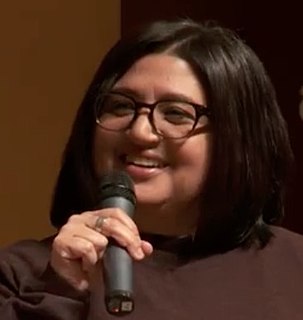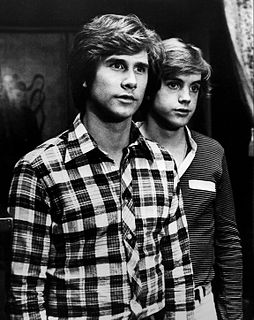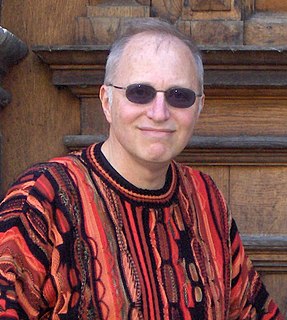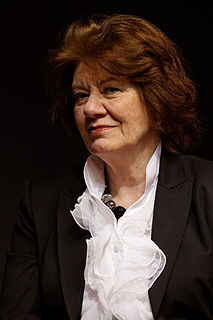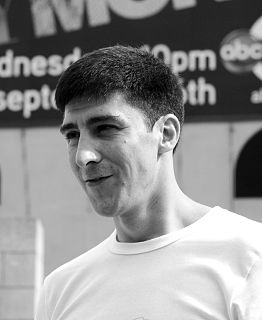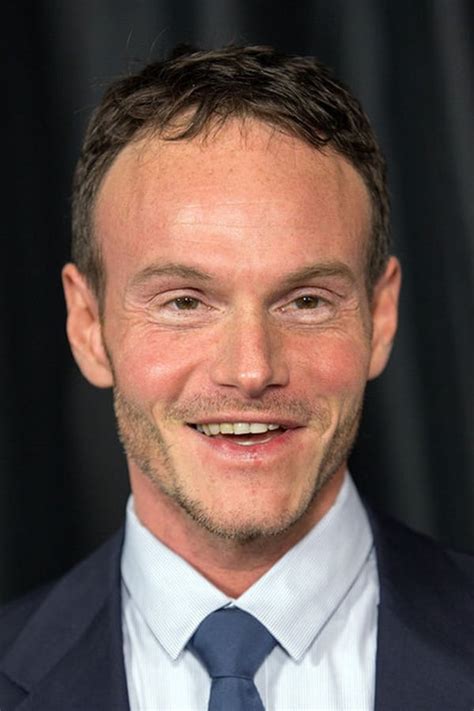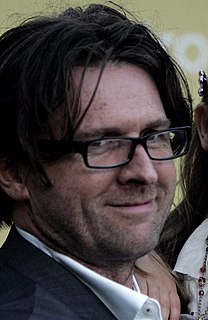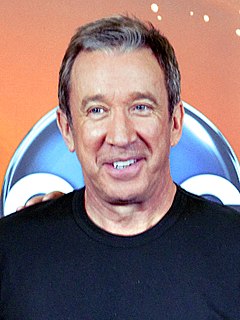A Quote by Ronald D. Moore
There were a lot of lessons of production to be learned. On the page, the biggest thing you learn on any TV show is how to write to your cast. You write the show at the beginning with certain voices in your head and you have a way that you think the characters will be, and then you have an actor go out there, and you start watching dailies and episodes. Then, you start realizing what they can do and what they can't do, what they're good at and what they're not so good at, how they say things and what fits in their mouth, and you start tailoring the voice of the show to your cast.
Related Quotes
Some TV shows are like really good novels in that there are enough episodes that you start to have your own feelings about how the characters should act. When the scriptwriters go slightly wrong, when they make the character make a left turn that he or she wouldn't do, you know enough about the characters to say, "No, that's not what she would do there. That's wrong." You can actually argue with a TV show in a way that you can't do as much with movie - you inhabit a TV show in the way you inhabit a novel.
I never thought of myself as being that good looking, I was an actor, people saw me on television, and then they start to think you're good looking because of that presentation. I was no better looking before the show, than after - and before the TV show I couldn't get a date to save my life. So what changed? Did I suddenly become more good looking? No. I got lucky, I got a TV show. That's what happened.
In animation, you may be working with 20 writers, and everybody has to write the same thing. You can't have episodes that don't feel like they belong. In comics, you're gonna write a whole run, which means it's your style that's coming through. But when you're working on a show that's collaborated with a dozen other writers, you have to have a style that blends the show together. So you can't write it the way you normally would, because your script will stand out from all the others.
When a young person asks me: 'Can you show me how to do this?' I simply answer: 'No, I am going to show you how to do it. But then, you'll have to learn with your own technique, your own way of moving, your style, your abilities and your limitations. You are going to learn to be yourself, not someone else.
The Bible’s purpose is not so much to show you how to live a good life. The Bible’s purpose is to show you how God’s grace breaks into your life against your will and saves you from the sin and brokenness otherwise you would never be able to overcome… religion is ‘if you obey, then you will be accepted’. But the Gospel is, ‘if you are absolutely accepted, and sure you’re accepted, only then will you ever begin to obey’. Those are two utterly different things. Every page of the Bible shows the difference.
I think that comes with a collaboration with the writers. I think that we get cast in edgier roles because we are a little more offbeat, so people - as we get to know the writers, and as the writers get to know us, they start to write around us more, and that's why I think the pilot is not always the best way to get to experience a new television show, because we're fitting ourselves into these characters. Whereas as the show evolves, they're writing the characters for us and for our strengths and weaknesses.
I think at some level, it's just alchemy that we, as writers, can't explain when we write the characters. I don't set out to create the characters - they're not, to me, collections of quirks that I can put together. I discover the characters, instead. I usually go through a standard set of interview questions with the character in the beginning and ask the vital stuff: What's important to you? What do you love? Hate? Fear? .. and then I know where to start. But the characters just grow on their own, at a certain point. And start surprising me.
Australians love to pump you up when you're nobody. Then, when you start to put your head above water and say, 'Well, actually, I am a bit different, I am an individual and I do have a particular talent', or whatever, they want to go after you. But the good news is that once you reach a certain level, I think they start to leave you alone.
I look at it this way: How much of the day are you awake? You think, "I've gotta get that dry cleaning, I gotta get this going, and this, and this, and this." And all of a sudden it's dinnertime. And then there's a moment of connection with your spouse or your friends. Then you read and go to bed. Wake up and then it's the same all over. You're not awake, you're not living, you're not experiencing. We start early medicating ourselves. We start kids early, on TV and video games and so on.


